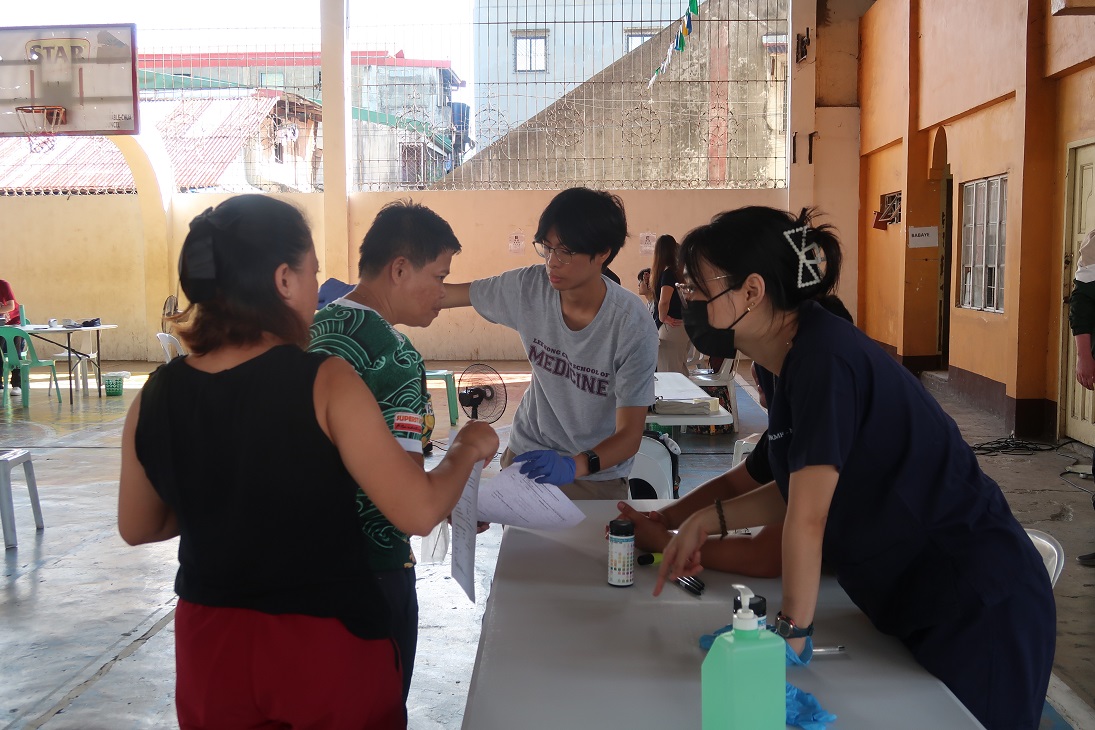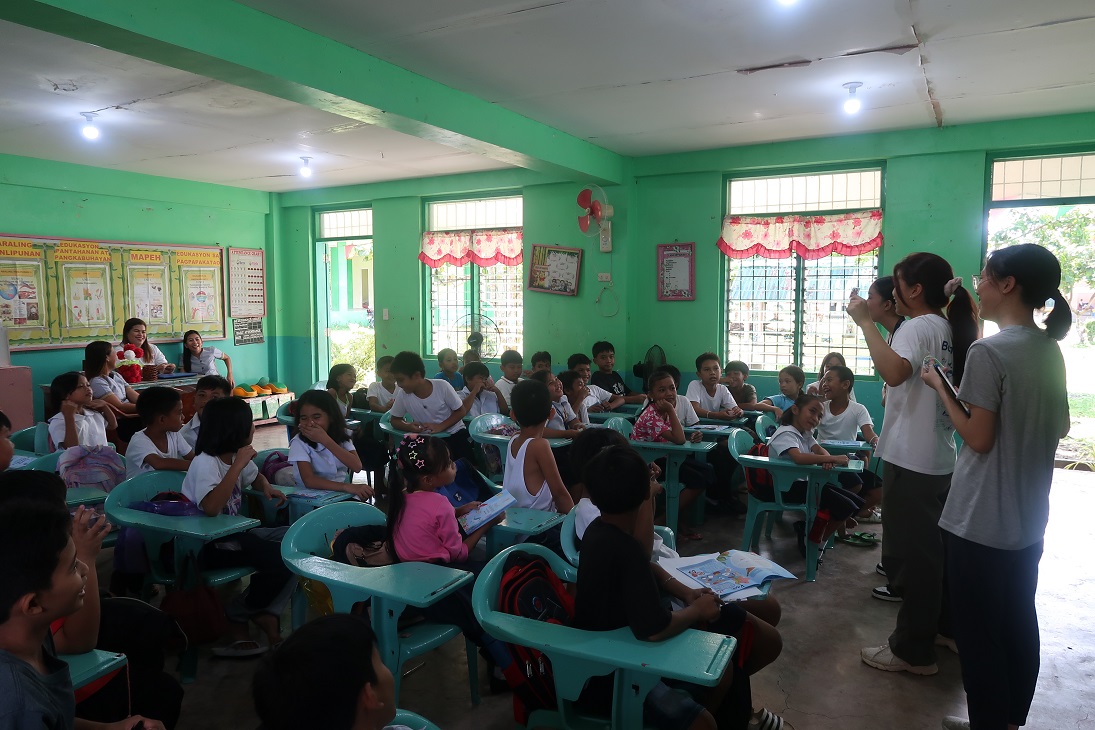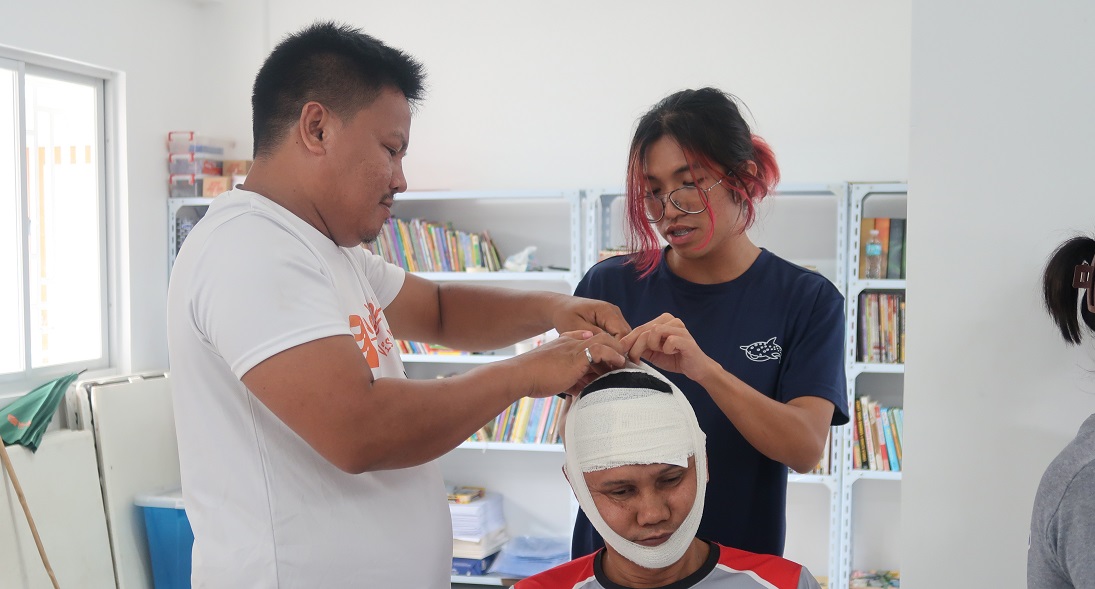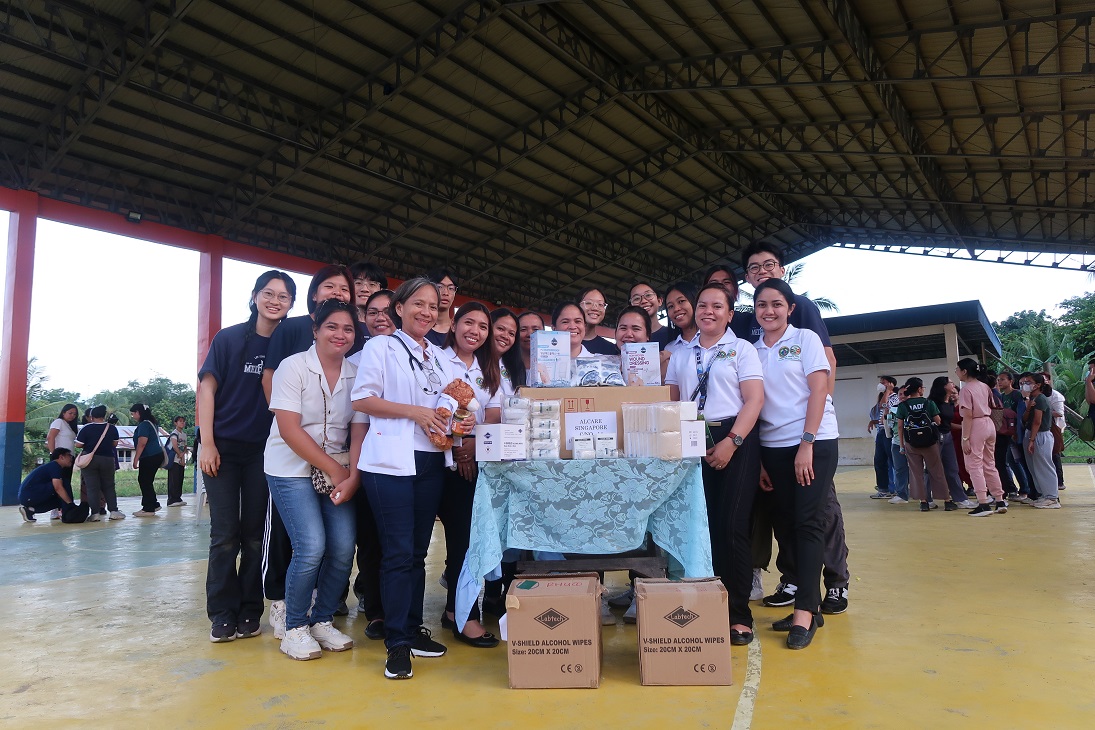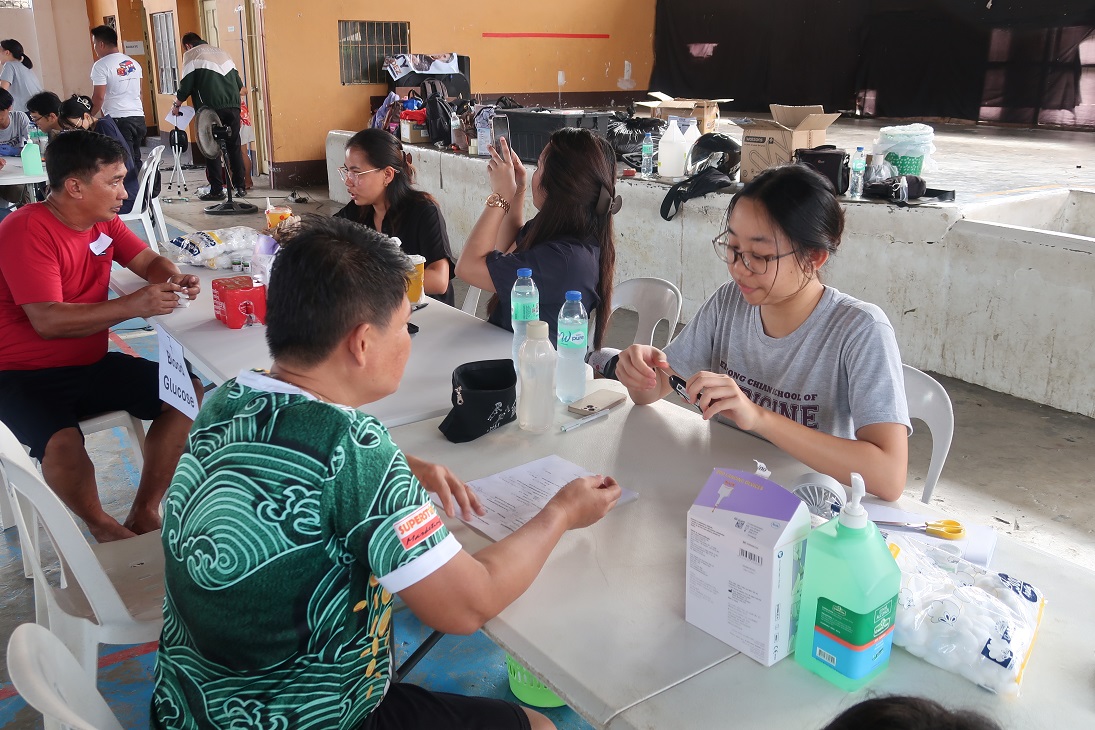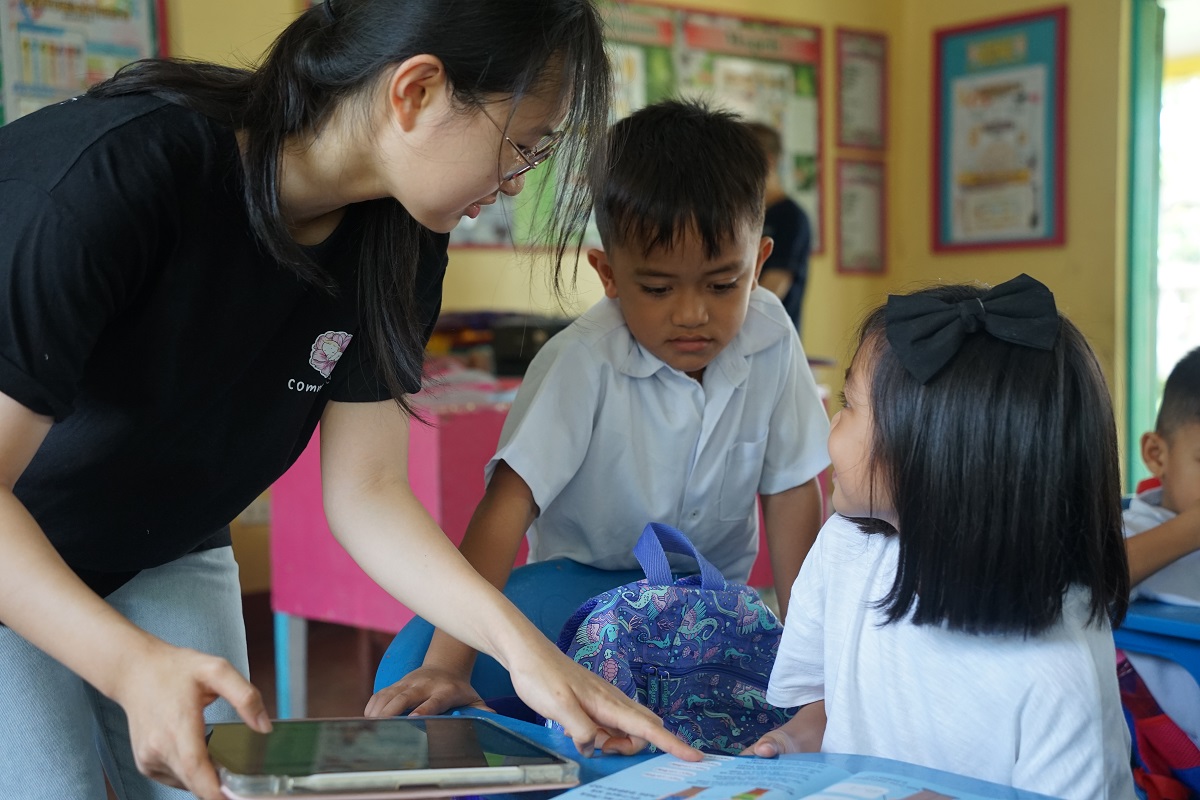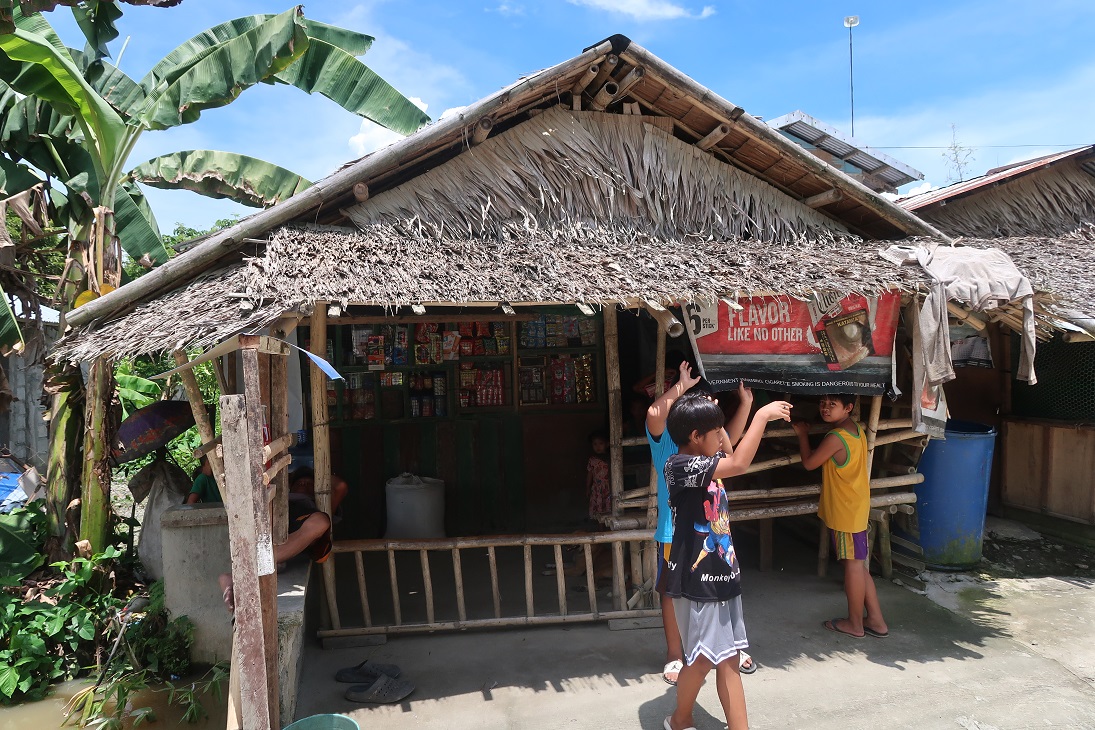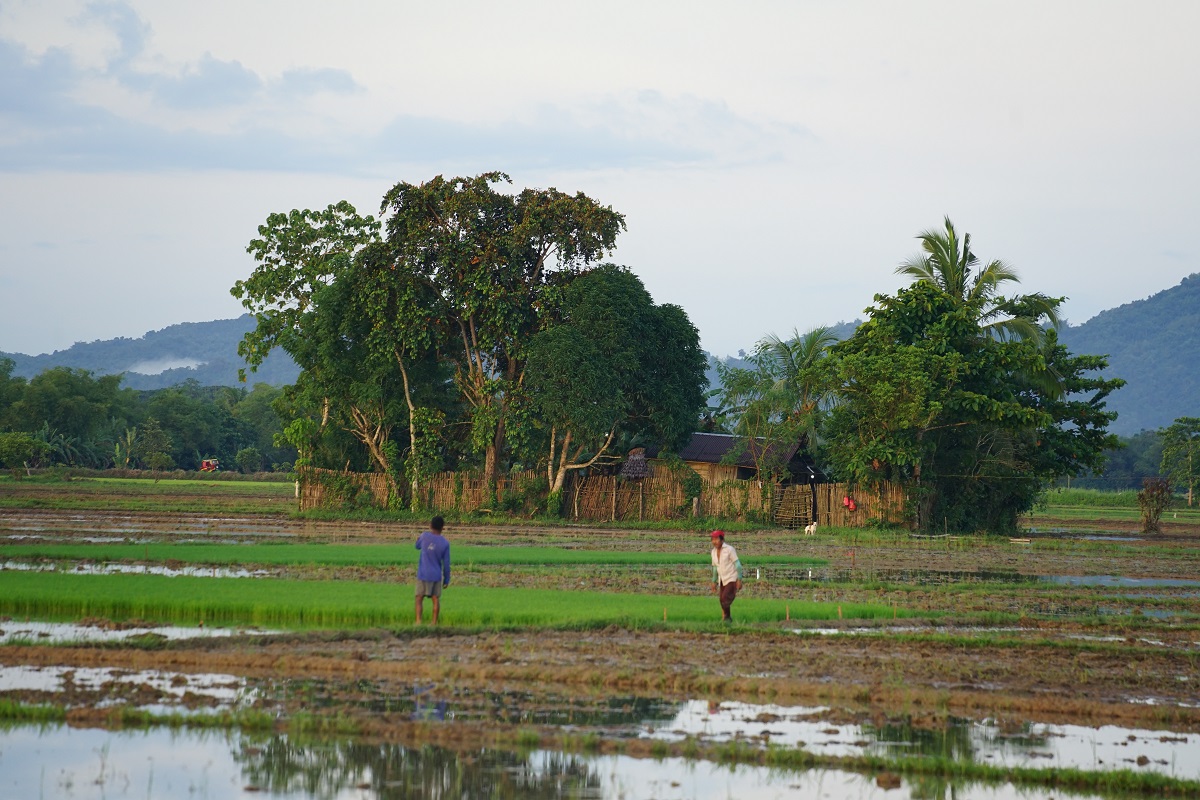
Leyte, Philippines is the 8th largest and 6th most populous island in the Philippines, located in the Eastern Visayas region with a population of 2,626,970 (as of 2020).
The island measures 7,367.6 km2 in land area and is characterised by the rugged Leyte Central Highland Range which runs across the island's length.
The mountainous terrain and prevalence of natural disasters limit healthcare access for barangays (villages).
Alongside these geographical challenges are financial constraints faced by a population largely dependent on agriculture, and lack of
basic infrastructure and knowledge to exercise good health practices.
This has resulted in numerous pressing concerns, including the endemic spread of infectious diseases - most notably schistosomiasis -
and proliferation of various chronic conditions such as hypertension and diabetes that are often left untreated.
